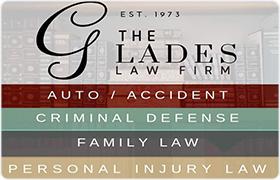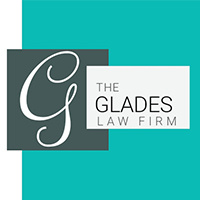Oronogo Divorce & Family Law Lawyer, Missouri, page 2
Sponsored Law Firm
-
 x
x

Click For More Info:
-
The Glades Law Firm, P.C.
1120 SE Murphy Blvd Joplin, MO 64801» view mapDivorce & Family Law Determined. Experienced. Passionate.
Serving Southwest Missouri since 1973. Our experienced legal staff is dedicated to helping you with personal injury, criminal defense, and family law matters.
800-965-6971
Bryan Preston Stevenson
Wills, Gift Taxation, Family Law, Bankruptcy, Elder Law
Status: In Good Standing
David Benjamin Meyer
Accident & Injury, Workers' Compensation, Divorce & Family Law, Estate Planning
Status: In Good Standing
Walter E. Williams
Family Law, Child Custody, Divorce & Family Law, Personal Injury
Status: In Good Standing
 Phillip A. Glades Joplin, MO
Phillip A. Glades Joplin, MO Practice AreasExpertise
Practice AreasExpertise